By: Natasha Haycock-Chavez, Community Engagement and Outreach Coordinator, Arctic Data Center
There's something special about the springtime in the Arctic. Along the coast, more open water appears and the floe edge (where the open water meets landfast ice) becomes bustling with life as microorganisms, fish, whales, birds, and bears alike welcome the sunlight and begin their summer routine. At the Arctic Data Center, springtime looks like developing and teaching data management courses, collaborating on workshops and Arctic-related projects, and overall staying busy as we enter our seventh year of operation.
Resources for Arctic Social Science Researchers
As part of our initiative to better support Arctic social science researchers, we recently created a collection of Social Science Resources (Figure 1), featuring a data portal of Arctic social science datasets.
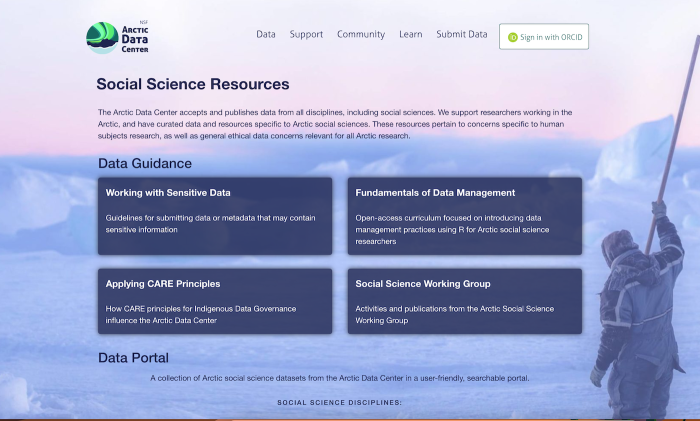
The purpose of this page is to provide a collection of helpful tips and tools unique to Arctic social science research and data management. This resource page is the first version of this page and was inspired by discussions from the 2020 Social Science Working Group. It is an ongoing project that will be continually update. If you would like to recommend a resource to be featured on this page, please let us know by email at: info [at] arcticdata.io.
In-Person Courses are Back!
We also developed and taught a course titled "Fundamentals of Qualitative and Quantitative Arctic Research Using R" (Figures 2 and 3). This course introduced the fundamentals of R and Rstudio, and all of the curriculum and course material is open access and available online.
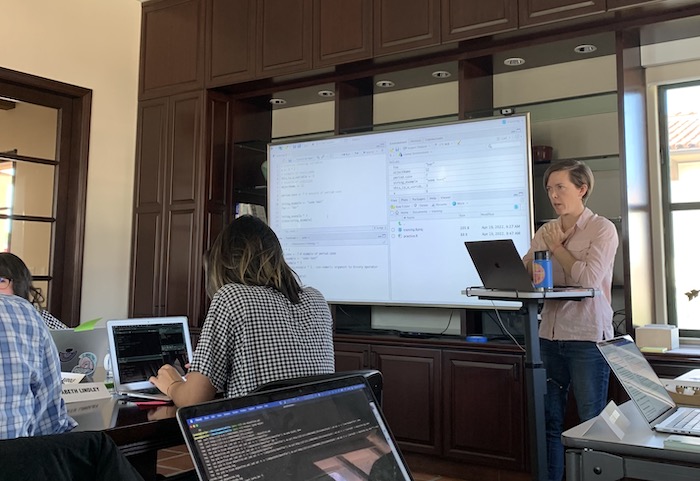
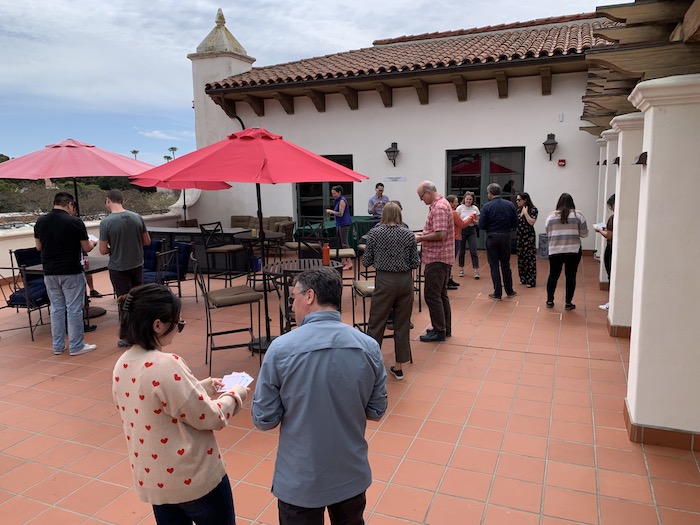
The five-day course was attended by 16 participants from various Arctic research disciplines, and was held in person in Santa Barbara, California at the National Center for Ecological Analysis and Synthesis (NCEAS). Designed for Arctic researchers who had little-to-no experience using R and RStudio, we explored how these concepts could be adopted into qualitative and quantitative data analysis and practiced with example social science and natural science datasets. The course was hugely successful, and we were sad to see our new friends head home after the week was over.
New Upcoming Course
Our data curation team has also been busy developing a new course (Figure 4), to introduce advanced techniques for working with large datasets. "Scalable and Computationally Reproducible Approaches to Arctic Research" will be held in Santa Barbara, California from 19 September–23 September 2022.
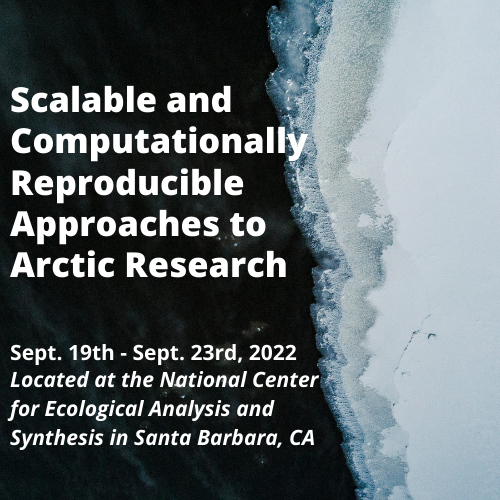
This course is designed for Arctic researchers who work with big datasets and are already comfortable with Python. The course will focus on working in cloud computing environments, docker containers, and parallel processing. Interested in attending? Applications are open now and available on the Arctic Data Center Courses webpage. The course is free to attend, and there is funding available to support travel expenses.
Next Steps
Projects, courses, and content that we collaborate on and produce is based on feedback and ideas from Arctic researchers. As we plan future projects and collaborations, we want to directly integrate the researcher's needs. This fueled our partnership with the Arctic Research Consortium of the United States (ARCUS) and the Interagency Arctic Research Policy Committee (IARPC) to design a survey (Figure 5) that aims to elicit resource needs from Arctic researchers.
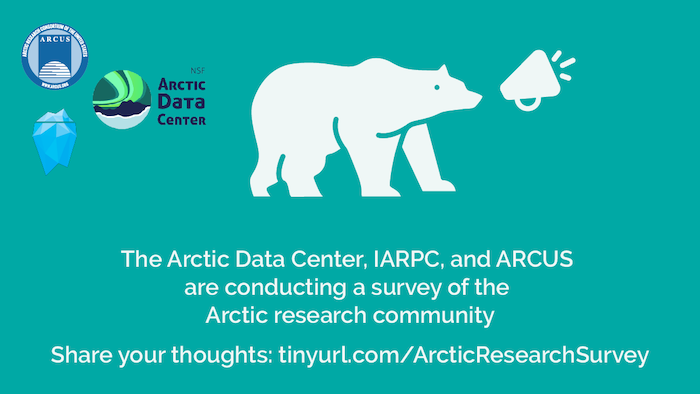
The survey will be open until 15 June 2022. Responses are greatly appreciated and will help guide future workshops, events, resources, and courses for Arctic researchers. We strive to meet the diverse needs of Arctic researchers, and we hope to hear from you!
Take the Arctic Research Community Survey
About the Author
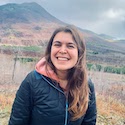 Natasha Haycock-Chavez is the Community Engagement and Outreach Coordinator at the Arctic Data Center, and works to connect with Arctic researchers across a broad diversity of disciplines. Natasha received an MA in Geography from Memorial University in Newfoundland, Canada where she focused on Indigenous-led conservation. Part of her research emphasized how Indigenous research methodologies and self-determination can be integrated into conservation planning, as well Arctic research in general. She aims to integrate some of these lessons into her role at the Arctic Data Center.
Natasha Haycock-Chavez is the Community Engagement and Outreach Coordinator at the Arctic Data Center, and works to connect with Arctic researchers across a broad diversity of disciplines. Natasha received an MA in Geography from Memorial University in Newfoundland, Canada where she focused on Indigenous-led conservation. Part of her research emphasized how Indigenous research methodologies and self-determination can be integrated into conservation planning, as well Arctic research in general. She aims to integrate some of these lessons into her role at the Arctic Data Center.
